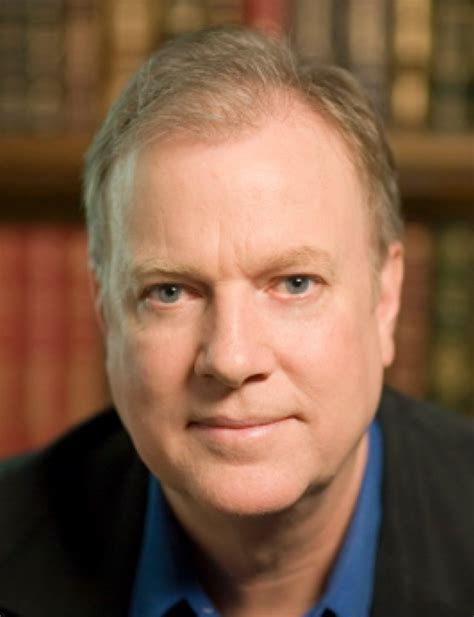A Quote by Charles de Lint
The thing to remember when you're writing," he said, " is, it's not whether or not what you put on paper is true. It's whether it wakes a truth in your reader. I don't care what literary device you might use, or belief systems you tap into--if you can make a story true for the reader, if you can give them a glimpse into another way of seeing the world, or another way that they can cope with their problems, then that story is a succes.
Quote Topics
Related Quotes
Good writing is good writing. In many ways, it’s the audience and their expectations that define a genre. A reader of literary fiction expects the writing to illuminate the human condition, some aspect of our world and our role in it. A reader of genre fiction likes that, too, as long as it doesn’t get in the way of the story.
My readers have to work with me to create the experience. They have to bring their imaginations to the story. No one sees a book in the same way, no one sees the characters the same way. As a reader you imagine them in your own mind. So, together, as author and reader, we have both created the story.
What is a novel? I say: an invented story. At the same time a story which, though invented has the power to ring true. True to what? True to life as the reader knows life to be or, it may be, feels life to be. And I mean the adult, the grown-up reader. Such a reader has outgrown fairy tales, and we do not want the fantastic and the impossible. So I say to you that a novel must stand up to the adult tests of reality.
Characters who are absolutely sure about what they do, who plunge ahead without fear, are not that interesting. We don’t go through life that way. In reality, we have doubts just like everyone else.
Bringing your Lead’s doubts to the surface in your plot pulls the reader deeper into the story, and this is an excellent way to coax the reader to lose himself in the story world you’re about to create.
Notice how every science fiction movie or television show starts with a shot of the location where the story is about to occur. Movies that take place in outer space always start with a shot of stars and a starship. Movies that take place on another world always start with a shot of that planet. This is to let you know where you are. Novels and stories start the same way. You have to give the reader a sense of where he is and what's happening as quickly as possible. You don't want to start the story by confusing the reader.
A reader's tastes are peculiar. Choosing books to read is like making your way down a remote and winding path. Your stops on that path are always idiosyncratic. One book leads to another and another the way one thought leads to another and another. My type of reader is the sort who burrows through the stacks in the bookstore or the library (or the Web site — stacks are stacks), yielding to impulse and instinct.
The devil's in the details. The way I view my job is to bring the reader into a world they otherwise could not enter and let them see it through the character's eyes. And you can only do that with detail. The details make the characters distinct from one another. If you can give them those little grace notes, those little touches, that's what makes the reader relate.
You can tell a true war story by the questions you ask. Somebody tells a story, let's say, and afterward you ask, 'Is it true?' and if the answer matters, you've got your answer . . . Absolute occurrence is irrelevant. A thing may happen and be a total lie; another thing may not happen and be truer than the truth.
Remember on this one thing, said Badger. The stories people tell have a way of taking care of them. If stories come to you, care for them. And learn to give them away where they are needed. Sometimes a person needs a story more than food to stay alive. That is why we put these stories in each other's memories. This is how people care for themselves.
I feel like any actor should always be thinking about how to serve the story. The thing to be cautious of is trying to make too much of your "moment," or whatever. The story is a lot bigger than you, and you're there to help it along. The thing to think about is whether what you're doing is true to the moment and where the story's going, rather than going, "Here are my scenes. What can I try and do to make the most of them?"
I always believe that every song tells a story, so the last thing I want to do is edit out like the meat of the story. I would pick songs based off a), whether I felt like I could do anything with them, and b) whether I felt like I could keep the story intact. And then you sit in with one of the piano players and one of the vocal coaches and kind of work out your arrangements that way.





































